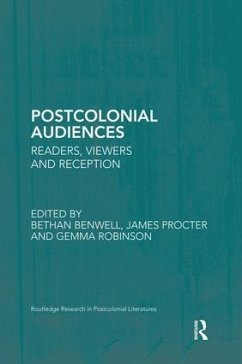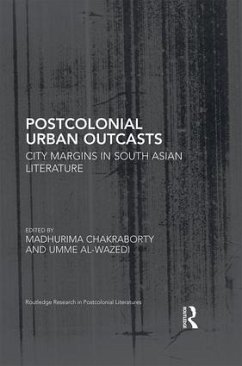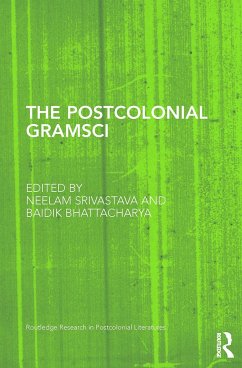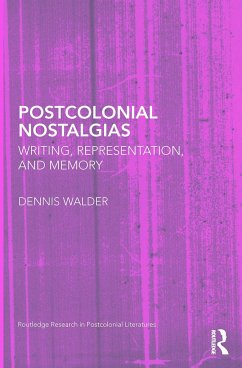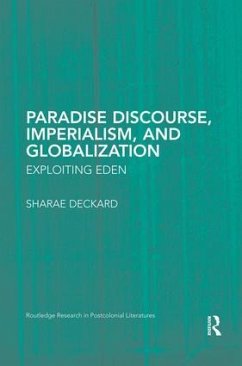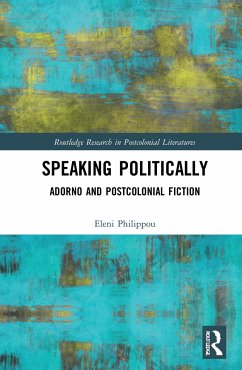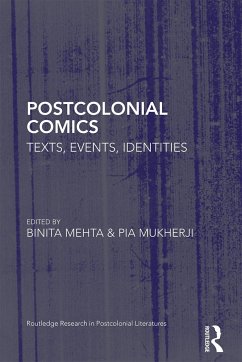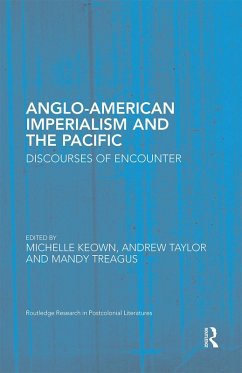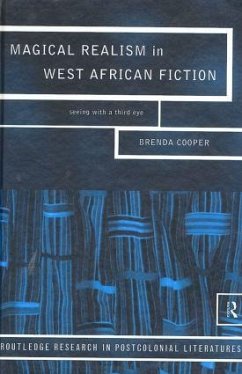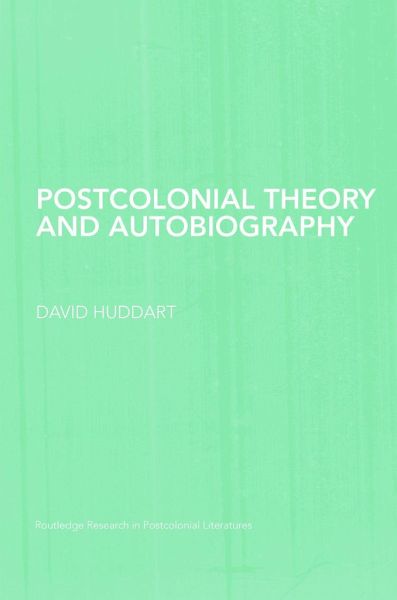
Postcolonial Theory and Autobiography
Versandkostenfrei!
Versandfertig in 1-2 Wochen
70,99 €
inkl. MwSt.
Weitere Ausgaben:

PAYBACK Punkte
35 °P sammeln!
Cultural theory has often been criticized for covert Eurocentric and universalist tendencies. Its concepts and ideas are implicitly applicable to everyone, ironing over any individuality or cultural difference. Postcolonial theory has challenged these limitations of cultural theory, and Postcolonial Theory and Autobiography addresses the central challenge posed by its autobiographical turn. Despite the fact that autobiography is frequently dismissed for its Western, masculine bias, David Huddart argues for its continued relevance as a central explanatory category in understanding postcolonial ...
Cultural theory has often been criticized for covert Eurocentric and universalist tendencies. Its concepts and ideas are implicitly applicable to everyone, ironing over any individuality or cultural difference. Postcolonial theory has challenged these limitations of cultural theory, and Postcolonial Theory and Autobiography addresses the central challenge posed by its autobiographical turn. Despite the fact that autobiography is frequently dismissed for its Western, masculine bias, David Huddart argues for its continued relevance as a central explanatory category in understanding postcolonial theory and its relation to subjectivity. Focusing on the influence of post-structuralist theory on postcolonial theory and vice versa, this study suggests that autobiography constitutes a general philosophical resistance to universal concepts and theories. Offering a fresh perspective on familiar critical figures like Edward W. Said and Gayatri Chakravorty Spivak, by putting them in the context of readings of the work of Jacques Derrida, Gilles Deleuze, and Alain Badiou, this book relates the theory of autobiography to expressions of new universalisms that, together with postcolonial theory, rethink and extend norms of experience, investigation, and knowledge.





